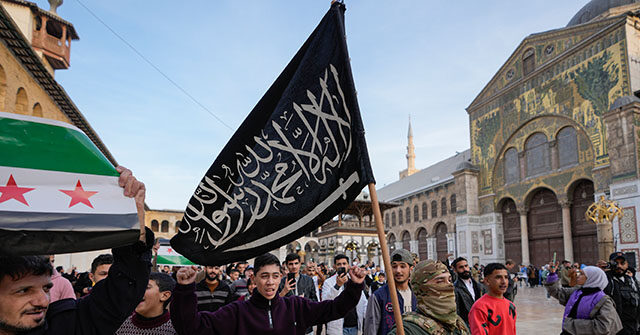The recent political turbulence in Syria has seen the Taliban expressing support for the newly ascendant Sunni jihadist group, Hayat Tahrir al-Sham (HTS), following the exodus of Bashar Assad from power. The Taliban, governing Afghanistan since their return to power in 2021, celebrated HTS’s success in capturing the regime’s strongholds, including Aleppo and ultimately pushing Assad to seek refuge in Russia. Having started its civil conflict in 2011 against a backdrop of brutal repression by Assad’s regime and its Iranian backers, Syria has become a battleground for various ideological factions. The Taliban’s endorsement of HTS indicates their communal ties with Sunni jihadist movements and highlights a broader narrative of Islamist governance emerging from conflict.
HTS has positioned itself as the dominant power in Syria following Assad’s flight, with ambitions to transition to an Islamist government structure. The group has appointed Mohammed al-Bashir, described as a political ally, as a caretaker prime minister with the goal of forming a functional administration post-Assad. HTS leader Abu Mohammed al-Jolani, echoing sentiments similar to those expressed by the Taliban, has made alarming assertions about imposing an Islamist regime, raising concerns among the substantial Christian and minority populations in the country. As Assad’s regime crumbles, reports have surfaced detailing the atrocities committed against political prisoners, bringing to light the horrific consequences of decades of tyranny in Syria.
Emulating their primal structure, the Taliban’s “foreign ministry” issued a congratulatory message to HTS while framing their support in the context of stabilizing governance in the region. Their statement called for a “peaceful, unified, and stable” system, advocating for a sovereign Islamic administration that would be service-oriented and reflective of the Syrian people’s aspirations. The Taliban’s endorsement also included a recommendation for a general amnesty for remaining loyalists of Assad’s regime, alongside suggestions for the new leadership to cultivate a positive foreign policy and collaborative relationships aimed at safeguarding Syria against occurring foreign rivalries.
Contrastingly, it’s essential to note the complexities of the situation, as HTS is classified as a terrorist organization by the United States, which has deemed it a danger alongside offering a bounty for al-Jolani’s capture. HTS has sought to mitigate its image as a purely militant group through rebranding efforts that emphasize a more diplomatic approach, aiming to position itself as a potential partner in contrast to the ousted regime. This endeavor includes al-Jolani’s public persona, which has been tailored for Western media comprehension—despite the underlying commitment to implementing strict sharia law and maintaining a repressive rule.
The Taliban’s experience reflects a cautionary tale underlying HTS’s similar intentions—both have historically engaged in violent repression under the banner of Islamic governance. When the Taliban resumed control in Kabul, they initially advertised their commitment to fostering an “inclusive” government. However, once in power, harsh measures severely restricted the rights and freedoms of women and minorities, contradicting earlier promises of inclusivity. The Taliban’s track record on women’s rights represents a stark shift back to their historical practices, signaling that while rhetoric may outline plans for cooperation and governance, the on-ground execution often veers toward oppression.
The international response to the evolving situation in Syria could play a significant role in shaping the future of governance within the country. Both HTS and the Taliban continue to advocate for a unified Islamist approach to sovereignty, but the implications for global diplomacy and domestic stability remain unclear. As HTS solidifies its governance strategy, potential resistance from both domestic entities and international actors will shape the trajectories of extremist governance, humanitarian conditions, and the ongoing refugee challenge facing the region. Theater of international relations opens a complex landscape, where competing ideologies intersect with the pressing realities of human rights, security, and the pursuits of stability in a post-Assad Syria.

